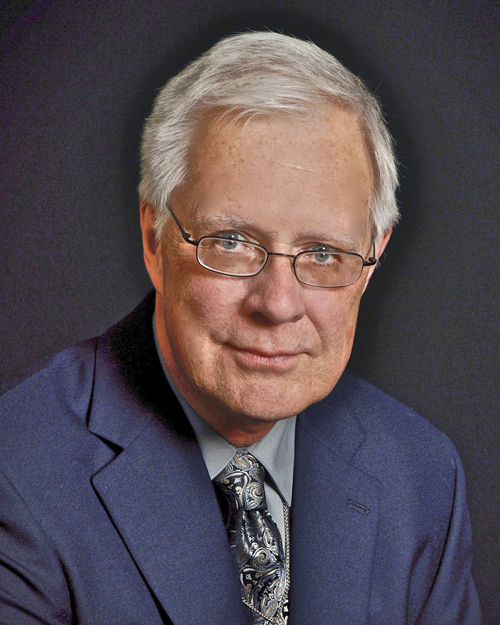By Greg Cusack
There is no pricklier subject matter in our country today than that of “race.” Despite the fact that we are all of one race — the human race — many continue to insist that there are significant differences among and between us integral to our skin color. The truth is that in the United States the color of one’s skin has mattered since the first colonists settled on our shores. So how do we tell the story of our country given this fact?

I think there have been two kinds of unhelpful responses. The first, in recognizing that the story of many people of color has been under-studied and under-reported, angered over the systemic exclusion of their story or by their marginalization, insists that we retroactively apply today’s values about equality to men and women of the past. This means that the Founders who owned slaves must be denounced and jettisoned from our pantheon of heroes, despite whatever else they did or stood for. This approach is one of judgment, condemnation and the fixation of guilt, all of which I find distasteful.
The second, characterized by defensiveness, insists that the story of the United States as a noble experiment must remain preeminent. While acknowledging the ugly facts about slavery and discrimination against people of color, these proponents would fix these realities in the past while denying that significant vestiges of racial prejudice remain, especially as unrecognized features of American institutions. Several legislatures, including Iowa’s, have expressed this fearful approach by attempting to prevent the teaching of certain approaches to understanding our past.
Unfortunately, this can whitewash aspects of our nation’s history, preferring to dwell on the “good things” while giving little attention to the sins of our ancestors and creating, in effect, a celebration of the past rather than an accurate portrayal of it.
Especially in light of George Floyd’s murder and the nationwide Black Lives Matter protests, we must not once again close the doors and turn out the lights. Neither can we afford to continue to engage with each other through fear and hatred.
For the sake of the future of this country, we must give our children the fullest understanding of who we are and how we got here. We cannot “doctor” history to make it kinder and gentler, nor should we use history as a guilt-inducing club.
I do not think most of us are afraid of the truth. Nor are we “bad people.” As human beings, we understand how easy it is to make bad judgments, to let our emotions govern our actions, to allow our cultural biases to influence us. None of us is perfect; neither were our ancestors.
The truth can, and will, set us free from clinging to unhelpful delusions and myths.
Therefore, a history based on the fullness of truth will not mean a story that diminishes American accomplishment or ideals, nor affix guilt upon all white people for our ancestors’ sins, nor teach our children to “hate” their history, government or skin color.
Rather, American history must:
• Tell the full story of all of us.
• Not diminish the story, dreams or accomplishments of any of us.
• Celebrate our considerable accomplishments as a people.
• Recognize the challenges we still face in making this truly a nation of dignity, equality and acceptance for all who are fortunate to live in the United States.
There is nothing to fear from a story in which no one is left unseen, unheard or uncherished. We all belong, we all have value; we all have stories to tell. Let us be open to hearing them!
Jesus’ message was to oppose the world’s values of power, wealth and dominance, a world where some are always more equal than others. Instead, he taught us to love one another as equals and to serve each other, as he showed when he washed the apostles’ feet at the Last Supper.
If we have the courage to attempt to see and hear with Jesus’ eyes and ears, we have nothing to fear from a more inclusive history. A history that honestly records how people just like us struggled to make sense of their world, made the best decisions they could under the circumstances (with what they knew and understood at the time), and then repeatedly strove to do better.
The attainment of the dream and promise of America is an ongoing process, to which we must make our own contributions.
(Greg Cusack taught college, served on the Davenport City Council from 1969-73, and the Iowa House of Representatives from 1971-81. He then served as executive director of National Catholic Rural Life Conference from 1981 until late 1986. His public service continued in other areas until he retired as Chief Benefits Officer of the Iowa Public Employees Retirement System in 2004.)











